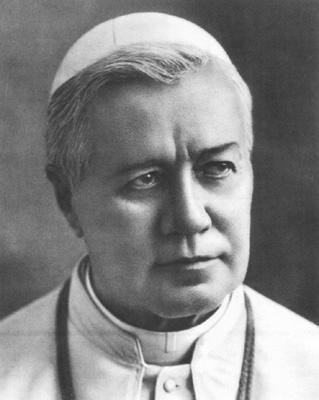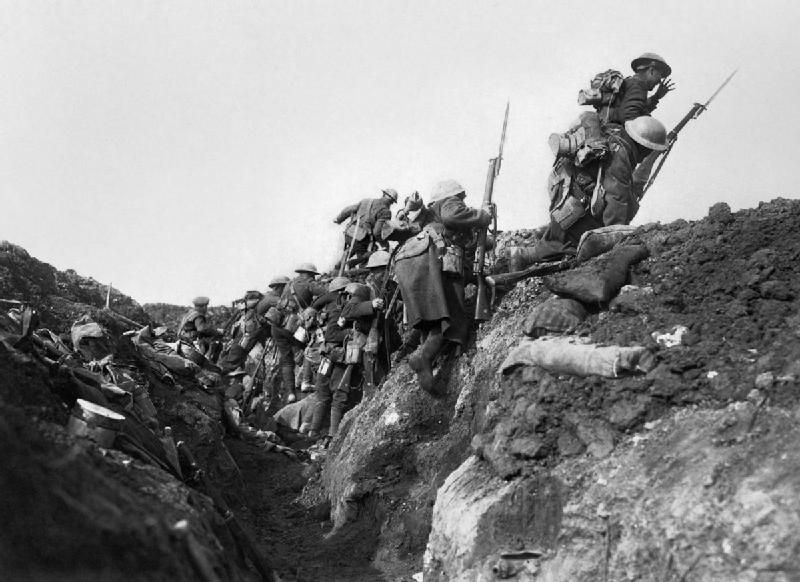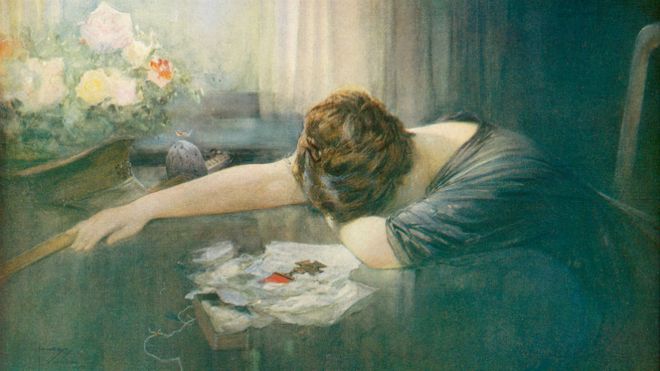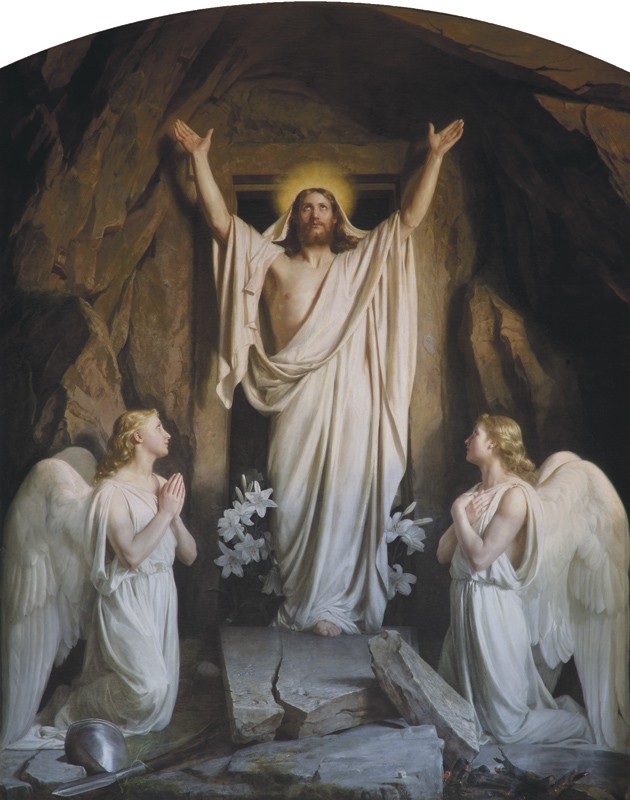The Feast of the Precious Blood of our Lord and Saviour Jesus Christ...
The Precious Blood of Christ was
poured out for our salvation in expiation of our sins
Devotion to the Precious Blood of Jesus Christ, our Saviour and Lord God, existed from the time of the Passion of our Lord.
In Catholic belief, the Blood of
Christ is precious because it is Christ’s own great ransom paid for the
redemption of mankind. As there was to be no remission of sin without the
shedding of the blood of the Lamb of God, Christ the “Incarnate Word” not only
offered his life for the salvation of the world, but he offered to give up his
life by a bloody death, and to die upon the Cross for the salvation of mankind.
The modern Feast of the Precious
Blood, celebrated in Spain in the 16th century, was later introduced to Italy
by Saint Gaspar del Bufalo in the 19th century.
In 1848-9, the red revolutionaries
staged an uprising and takeover in Papal Rome, led by the very people whom the
Pope had released from prison upon his elevation to the Pontificate.
Blessed Pope Pius IX had granted a
parliamentary constitution to the Papal States, released political prisoners
and ordered the gates of the Roman Jewish ghetto to be demolished (which the
orthodox Jews later complained about because orthodox Jews prefer to enclose
themselves in a ghetto every Friday shabbat).
 |
| Blessed Pope Pius IX |
For these liberal gestures, the
revolutionaries did not thank the Pope…they seized the opportunity to attack
him all the more, shameless hypocrites that they were.
On 15 November 1848, on his way to
open the new Parliament of the Pontifical States (the Cancelleria now occupied
by the Roman Rota and the Roman Signatura), Count Pellegrino Rossi, the Pope’s
new liberal-minded Prime Minister, after opening the gates with his key was
surrounded by a revolutionary mob and stabbed to death.
 |
| Count Pellegrino Rossi, papal Prime Minister murdered by red revolutionaries in cold blood... |
The stabber was Angelo Brunetti, known
as “Ciceruacchio” a brutal revolutionary thug and fanatical Italian nationalist
who supported other nationalist fanatics like Giuseppe Garibaldi, repudiating
Catholicism for the proto-Fascism of Giuseppe Mazzini. Brunetti brutally murdered Count Rossi in cold blood on the steps of the Cancelleria.
Brunetti who, like most Italian nationalists, hated Catholic Austria that ruled northern Italy, was captured by Austrian police trying to commit more terrorist acts and was justly tried, convicted and shot.
During the Roman revolution, the
Pope’s personal prelate was shot by revolutionaries whilst walking in the
gallery of the papal Palazzo. The Palazzo was surrounded by fanatical
revolutionaries and the Pope barely escaped with his life out of the back door
disguised as a simple priest standing on the back of a carriage.
Blessed Pope Pius IX went into exile
at Gaeta in the Kingdom of the Two Sicilies.
A Roman Republic was declared in
February 1849.
The Pope responded from his exile by excommunicating all active participants.
The Republic was openly hostile to the Catholic Church, celebrating Good Friday with huge fireworks on Saint Peter's Plaza and desecrating Saint Peter's Basilica on Easter Sunday with a secular Republican victory celebration.
The Pope responded from his exile by excommunicating all active participants.
The Republic was openly hostile to the Catholic Church, celebrating Good Friday with huge fireworks on Saint Peter's Plaza and desecrating Saint Peter's Basilica on Easter Sunday with a secular Republican victory celebration.
The public finances were spent
liberally leading to an early financial disaster; palaces, convents and
churches were plundered for valuables and art work. In addition to the official
pillaging, private gangs roamed through the city and the countryside,
murdering, raping and stealing and spreading fear among the citizens of the
Papal States.
They were, as usual, a disgusting gang
of murderous thugs of the sort that prevailed in France during the French
revolution and fit only for the lower reaches of Hellfire.
As Blessed Pope Pius IX went into
exile he had as his companion Father Giovanni Merlini, third superior general
of the Fathers of the Most Precious Blood.
After they had arrived at Gaeta, Don Giovanni Merlini suggested that His Holiness make a vow to extend the feast of the
Precious Blood to the entire Church, if he would again recover possession of
the Papal States.
On 30 June 1849, the day the French
army conquered Rome and sent the fanatics of the red revolution packing, the
Pope sent his domestic prelate, Joseph Stella, to Father Merlini with the
message:
“The Pope does not deem it expedient to bind himself by a vow; instead his Holiness is pleased to extend the feast [of the Precious Blood] immediately to all Christendom”.
“The Pope does not deem it expedient to bind himself by a vow; instead his Holiness is pleased to extend the feast [of the Precious Blood] immediately to all Christendom”.
On 10 August of the same year, he
officially included the feast of the Most Precious Blood of Our Lord Jesus
Christ in the General Roman Calendar for celebration on the first Sunday in
July, the first Sunday after 30 June, the anniversary of the liberation of the
city of Rome from the insurgents.
Later, Pope St Pius X moved the feast
to 1 July.
 |
| Pope St Pius X who tried to prevent the Great War from breaking out... |
In Blessed Pope John XXIII's 1960
revision of the General Roman Calendar, the feast was classified as of the
first class.
Shamefully and disgracefully, the
feast was removed from the General Roman Calendar in 1969, by order of Pope
Paul VI.
The Battle of the Somme – the precious
blood of innocent young men is poured out on the battlefield for the sins of faithless old men...
The very same fanatical
revolutionaries and secularists who had sought to topple the Pope, later
succeeded in 1870 and Blessed Pope Pius IX became a prisoner of the Vatican (to which palace
he had moved from the Quirinal, as being safer).
A conspiracy of secularists all over
Europe was now bent upon destroying Christian monarchy altogether and replacing
it with secular republicanism, modelled upon revolutionary France.
This conspiracy, often led by
Freemasons and other sectaries, led directly to World War I in which the
revolutionaries hoped to see Christian monarchy swept away forever.
Only Pope Benedict XV and the young Austrian
Emperor, Blessed Charles I, (who came to the Austrian throne in November 1916) were
striving for peace and an end to the brutal war.
They did not succeed.
They did not succeed.
On 1 July 1916, the British army
launched its planned offensive near the Somme river to coincide with a similar
French offensive, further south.
It was believed that a massive
artillery bombardment would obliterate the German opposition and the infantry,
followed later by cavalry, would be able simply to walk over no-man’s-land,
into the German trenches leading to the war’s end.
The generals could not have been more
wrong.
The Germans had built deep dugouts and
were able to survive the terrible shelling. They quickly came out of their
dugouts with their machine guns intact and re-mounted them ready to defend
their positions.
The advancing British and Empire
troops were massacred in huge numbers, covering the battlefield in the precious
blood of young men.
The first day on the Somme was, in
terms of casualties, the worst day in the history of the British army, which
suffered 57,470 casualties, of which nearly 20,000 died.
These casualties occurred mainly on
the front between the Albert–Bapaume road and Gommecourt, where the attack was
defeated and few British troops reached the German front line.
The road to Bapaume was defended largely by Australian troops, many of them Catholics, and they were slaughtered horribly, hallowing the earth of France with the precious blood of young men in the first bloom of adult life.
A memorial to the fallen Australians stands today, at Villers-Brettoneaux, high on a hill overlooking the Somme river, a name now so redolent with the loss of precious young blood.
The road to Bapaume was defended largely by Australian troops, many of them Catholics, and they were slaughtered horribly, hallowing the earth of France with the precious blood of young men in the first bloom of adult life.
A memorial to the fallen Australians stands today, at Villers-Brettoneaux, high on a hill overlooking the Somme river, a name now so redolent with the loss of precious young blood.
One writer has opined that, even a
century later:
“‘the Somme' remains the most harrowing place-name”
in the history of the British Empire and Commonwealth.
“‘the Somme' remains the most harrowing place-name”
in the history of the British Empire and Commonwealth.
The battle was largely in vain since any ground gained was later re-taken by the Germans.
The first day of Battle of the Somme is a paradigm for the whole war: a war engineered by sour, old men, Freemasons and secularists by and large, seeking the end of Christian monarchy and not caring how many young men they killed in the process.
These young men thought they were
fighting for justice and died fighting heroically, and innocently for the most
part, spilling their precious blood as the price for a world saturated by sin,
unbelief, cynicism and evil.
All over the battlefields of France in
that war were left the shattered remains of bodies amidst smashed churches and
broken crucifixes symbolising a kind of renewed crucifixion of Christ, a holy
sacrifice shared by millions of innocent young men who were slaughtered on the
battlefields and who gave up the precious blood of their young lives in a kind
of expiation for the faithless sins of the generation of old men and
politicians who were content to send them out to die in a war that should never
have been.
It was a war that wrecked the remnants of Christendom and opened the way for the horrors of Communism and Nazism.
| Battlefield graveyard and cemetery of the First World War in France... |
It was a war that wrecked the remnants of Christendom and opened the way for the horrors of Communism and Nazism.
Let us then pray for the millions who
died in that most awful of wars and remember
the pleas of our Lady who came to the world, in the midst of that terrible war, at Fatima, to warn us of the consequences of sin and faithlessness.
And let us pray for the millions of
innocent young men who died in that terrible war.
Eternal rest grant unto them O Lord,
and let perpetual light shine upon them....
Requiem aeternam dona eis, Domine, et
lux perpetua luceat eis....
At a Calvary near the Ancre
by Wilfred Owen
One ever
hangs where shelled roads part.
In this war
He too lost a limb,
But His
disciples hide apart;
And now the
Soldiers bear with Him.
Near Golgotha
strolls many a priest,
And in their
faces there is pride
That they
were flesh-marked by the Beast
By whom the
gentle Christ's denied
The scribes
on all the people shove
And bawl
allegiance to the state,
But they who
love the greater love
Lay down
their life; they do not hate.
Here dead we lie
by A E Housman
Here dead we lie
Because we did not choose
To live and shame the land
From which we sprung.
Life, to be sure,
Is nothing much to lose,
But young men think it is,
And we were young.
+++















.jpg/330px-The_Taking_of_Christ-Caravaggio_(c.1602).jpg)








.jpg)

















_-002.jpg/220px-Circle_of_Anton_Raphael_Mengs,_Henry_Benedict_Maria_Clement_Stuart,_Cardinal_York_(ca_1750)_-002.jpg)

